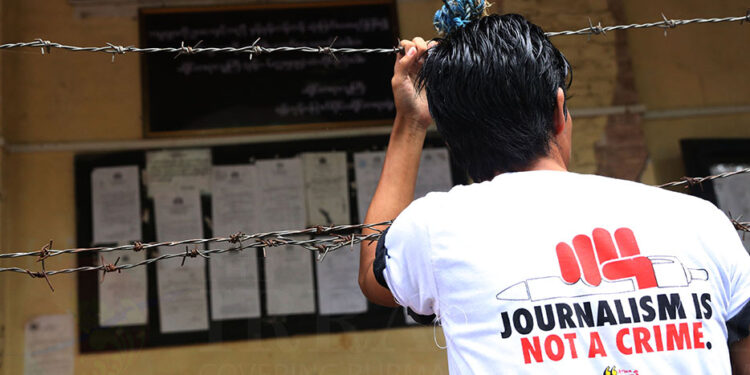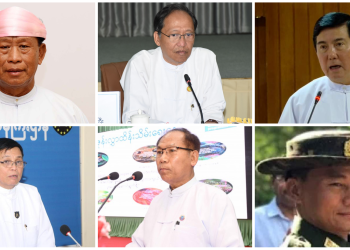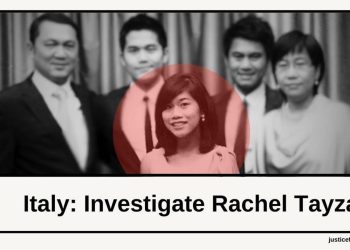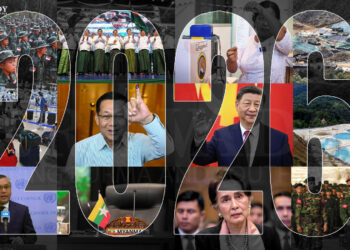Today is World Press Freedom Day 2020. Although the global struggle to deal with COVID-19 prevents us from coming together to celebrate this day with our partners in journalism, government and civil society, we would like to take a moment to reflect and remind ourselves of the invaluable work journalists do in a time of crisis.
In all societies, information is the lifeblood of a healthy political system, a vibrant civil debate and a prosperous economy. We all need quality information to make good decisions. In this time of crisis, when we have to trust our governments with our lives, journalists are our frontline defenders to ask the difficult questions, comparing information with what they observe on the ground. They contextualize, prioritize and verify. We need them, just as we need experts, doctors and nurses.
Moreover, the free expression of thoughts and opinions is one of the most precious human rights. In full respect of peoples’ dignity, the journalist must be able to freely perform all the acts of his or her profession, investigating, providing commentary, or recording image and sound, with the guaranteed protection of the confidentiality of sources.
Yet, all over the world, we see disinformation spreading like wildfire, feeding prejudice and hate and threatening peaceful coexistence. Internet shutdowns are preventing people from accessing vital health care information to prepare for an outbreak and protect themselves, their families and their community. Under the pretext of state security, journalists and activists are intimidated and accused.
While it may seem tempting for those in power to demonstrate that they are indeed in control, all it does is to undermine public trust in these leaders. Journalists are not the enemy of any government. In times of crisis, an independent media and journalists can reinforce the credibility of democratic institutions. A government that is transparent and willing to be scrutinized by journalists and its people will gain trust and public support. We do not expect leaders to have all the answers, but we need them to be open to public scrutiny.
In her “Freedom from Fear” speech, State Counselor Daw Aung San Suu Kyi referred to this when speaking of her father, the national independence leader General Aung San: “Always one to practice what he preached, Aung San himself constantly demonstrated courage—not just the physical sort but the kind that enabled him to speak the truth, to stand by his word, to accept criticism, to admit his faults, to correct his mistakes, to respect the opposition, to parley with the enemy and to let people be the judge of his worthiness as a leader.”
As ambassadors and heads of mission of the member states of the European Union based in Myanmar, we embrace these wise words and join everyone in celebrating World Press Freedom Day 2020.
Hana Mottlova, Ambassador of the Czech Republic, John Nielsen, Ambassador of Denmark, Kristian Schmidt, Ambassador of the European Union, Riikka Laatu, Ambassador of Finland, Christian Lechervy, Ambassador of France, Thomas Neisinger, Ambassador of Germany, Alessandra Schiavo, Ambassador of Italy, Wouter Jurgens, Ambassador of the Netherlands. Bibian Zamora Giménez, Chargé d’Affaires of the Embassy of Spain, Frida Zaric, Head of Embassy of Sweden Section Office

















